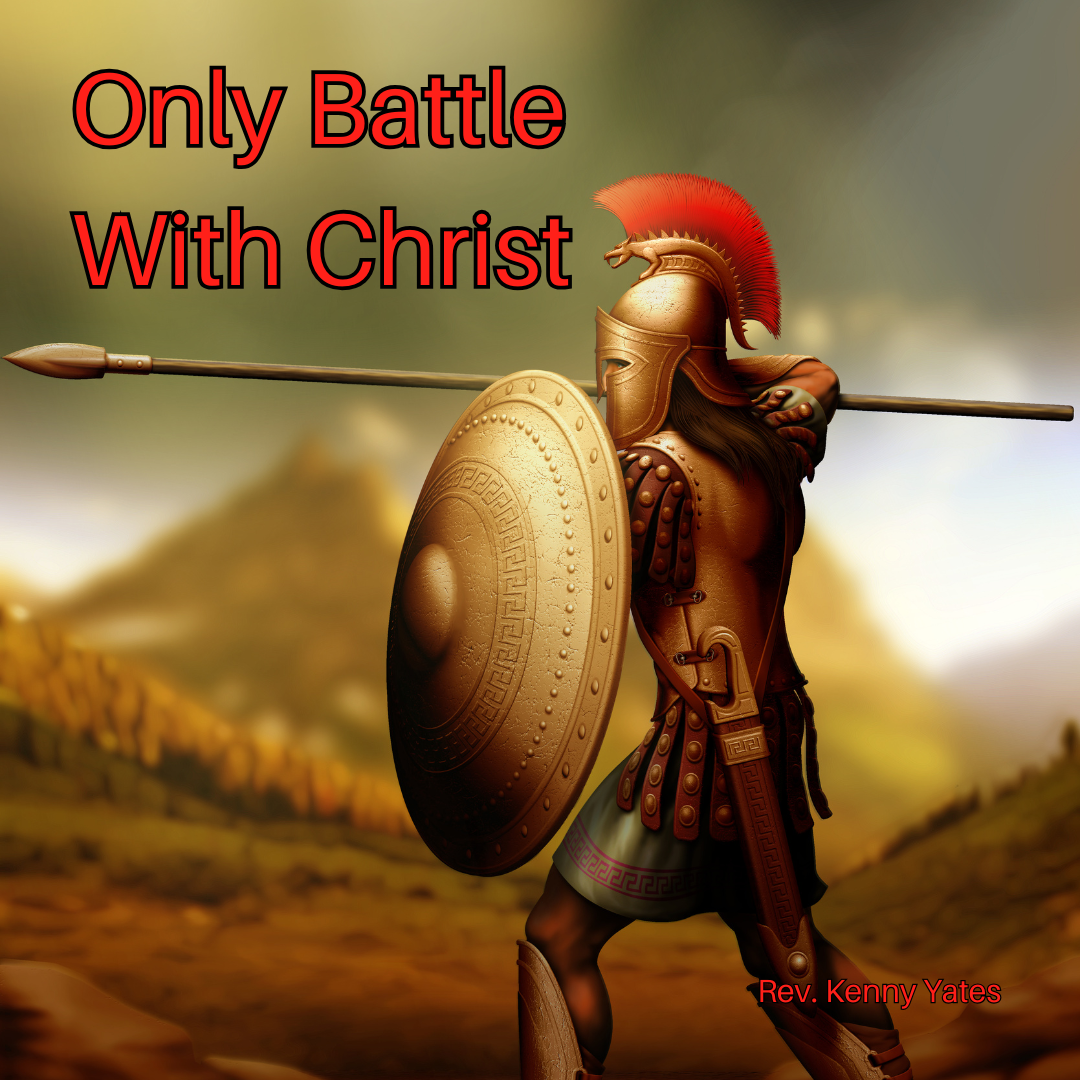Oh give thanks to the Lord, for He is good, for His steadfast love endures forever! ~ Psalms 107:1
God is good even when things are happening in your life that are out of your control. Even when you are suffering terribly and God seems to be far away. Understand this, His love is never far away, even in those instances, for His love is a steadfast love that is forever. There is nothing that can come between or separate you from the love of God that is in Christ Jesus.
Paul said in Romans 8:35, “Who shall separate us from the love of Christ? Shall tribulation, or distress, or persecution, or famine, or nakedness, or danger, or sword?” Well, the short answer to these questions are a resounding NO. Nothing can or will separate us from the love of God because God is good, and He wants good for us, even when it does not seem like it. But even in trials and the tribulations, which are hard for us Christians who live in the West with all our freedoms that we enjoy to imagine, God is still good.
But there are those living in our world who are not so fortunate. They suffer all of those things for God: persecution, tribulation, and even death, yet they believe in His goodness, and they trust in His steadfast love. Just yesterday, I read about an Egyptian Christian who was kidnapped, tortured, killed, and then mutilated until unrecognizable and then fed to the dogs. Even in horrific events like that, God is still good. His love is still a steadfast love.
We look at the temporal, but God considers the eternal, which is by far the best. Suffering in this world is not even a second in eternity. Paul said, for him to live is Christ, and to die is gain. Because no one can even imagine the good things that God has in store for everyone who loves Him and is obedient to His commands.
The very last verse (Psalms 107:43) says, “Whoever is wise, let him attend to these things; let them consider the steadfast love of the LORD.” So, let us consider, think, ponder, meditate on, and celebrate the goodness of God, for He alone is good.
Father, thank You that You are good, and Your steadfast love is forever. Help me to consider and understand Your goodness, even in times when it does not seem like You are around or that You even care. Help me to hold on and to never doubt Your goodness to me. In Jesus’ name, I pray, amen.










